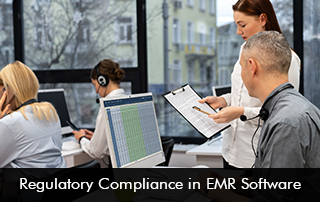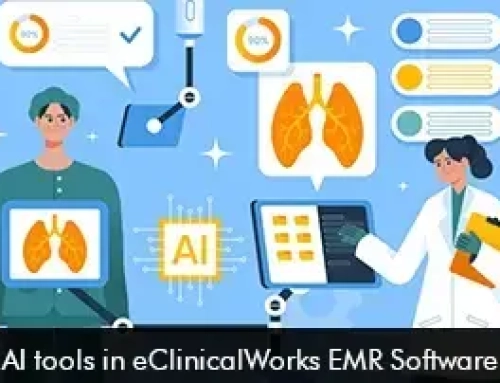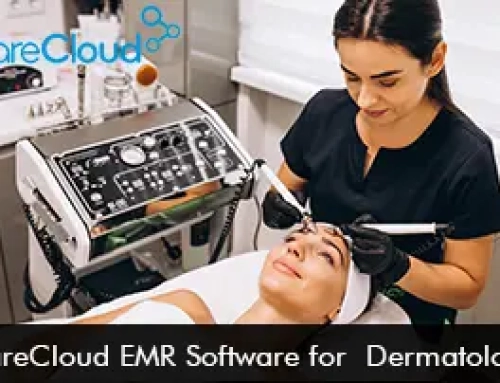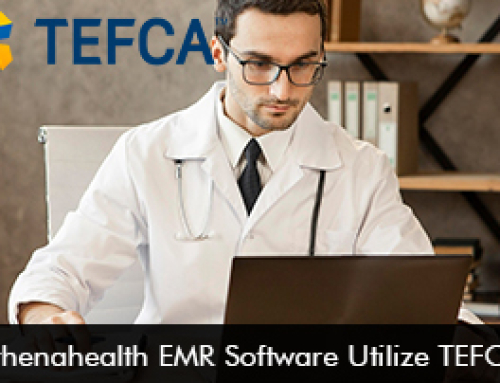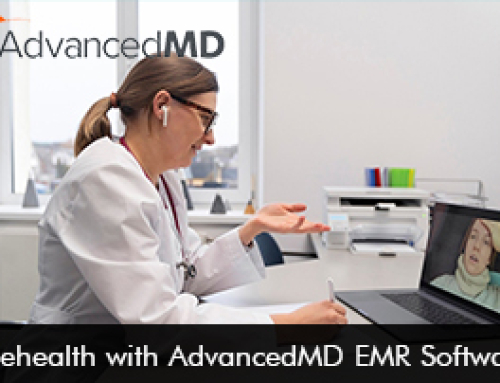Electronic Medical Records (EMR) Software’s Privacy and Security compliance is vital in preserving data and patient care, assuring federal and state compliance. As the usage of these systems continues to grow in the field of healthcare, it is crucial for both, the providers and the patients, that EMR systems fulfill these requirements.
Key Regulatory Compliance in the USA for EMR Software
HIPAA (Health Insurance Portability and Accountability Act)
HIPAA remains one of the most stringent laws that protect patient data. An EHR Software must adhere to strict measures such as encryption of health information, control of access to the data, and maintaining a log of the information systems.
HITECH Act (Health Information Technology for Economic and Clinical Health)
This act promotes the adoption of electronic health records software. It also ensures that all EMR Software implemented enhances meaningful use of standards in health care delivery and information exchange.
ONC-ATCB Certification
ONC is an organization that oversees EHR Software and it therefore issues certifications to those that meet the requirements of standards. This improves functionality, security, and compatibility.
MACRA (Medicare Access and CHIP Reauthorization Act)
Electronic Medical Records Software systems have to facilitate providers in the reporting of quality measures and the involvement in Value-based care programs such as MIPS.
Why is Regulatory Compliance Important in EHR Software?
A top-ranked EMR Software always offers the above regulatory compliance. They give many benefits to both healthcare providers and patients:
- Robust data security protocols can be maintained with HIPAA- Compliance in EMR Software. This helps to alleviate the issue of healthcare breaches.
- Meeting regulatory standards is a surefire way to avoid any heavy fines and maintain legality.
- When an EHR Software system meets regulatory compliance it helps the system to facilitate seamless data exchange. Better interoperability leads to care coordination and eventually improved patient care delivery.
- Compliant EMR Software allows providers to obtain the benchmarks needed to qualify for the Medicare and Medicaid payment systems.
Final Takeaway
The legal consequences of implementing Regulation in EMR Software are not only legal requirements but the only way to progress in the field of patient care, protect personal data and health information, and contribute to the future of the health care systems globally. It will, therefore, always be crucial for providers and software developers to update themselves on these compliance standards over advancing technology.


